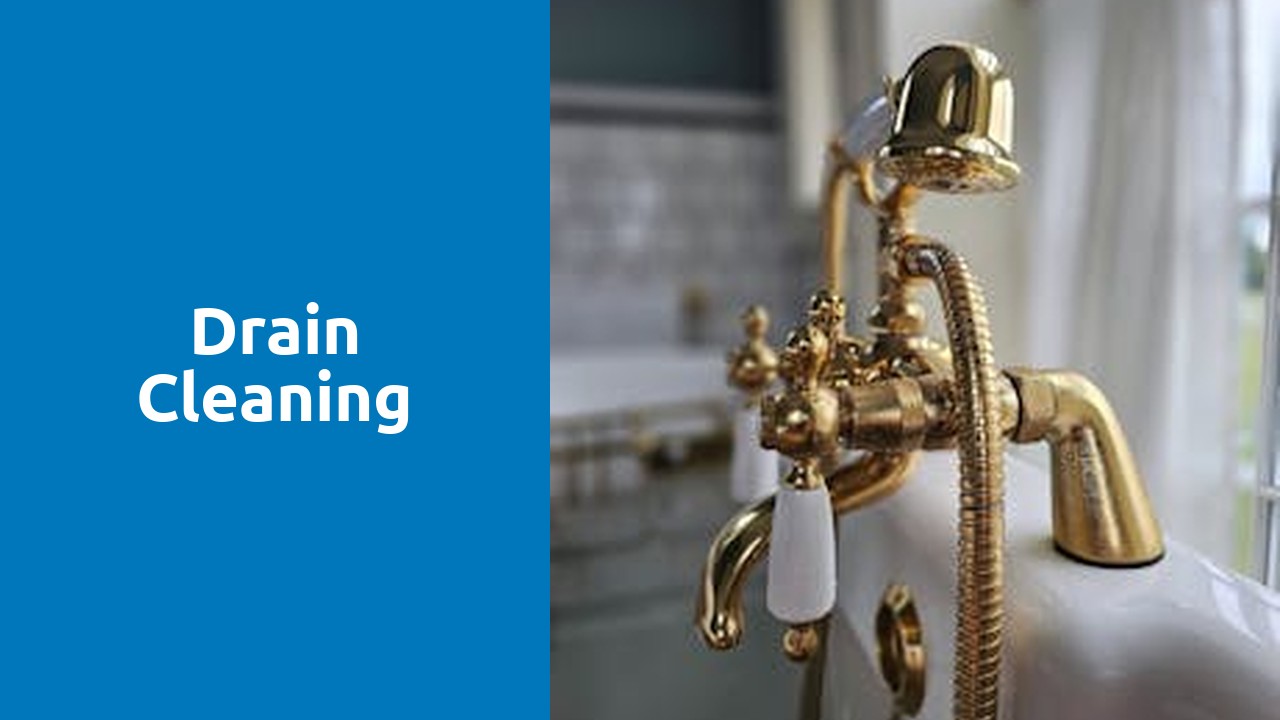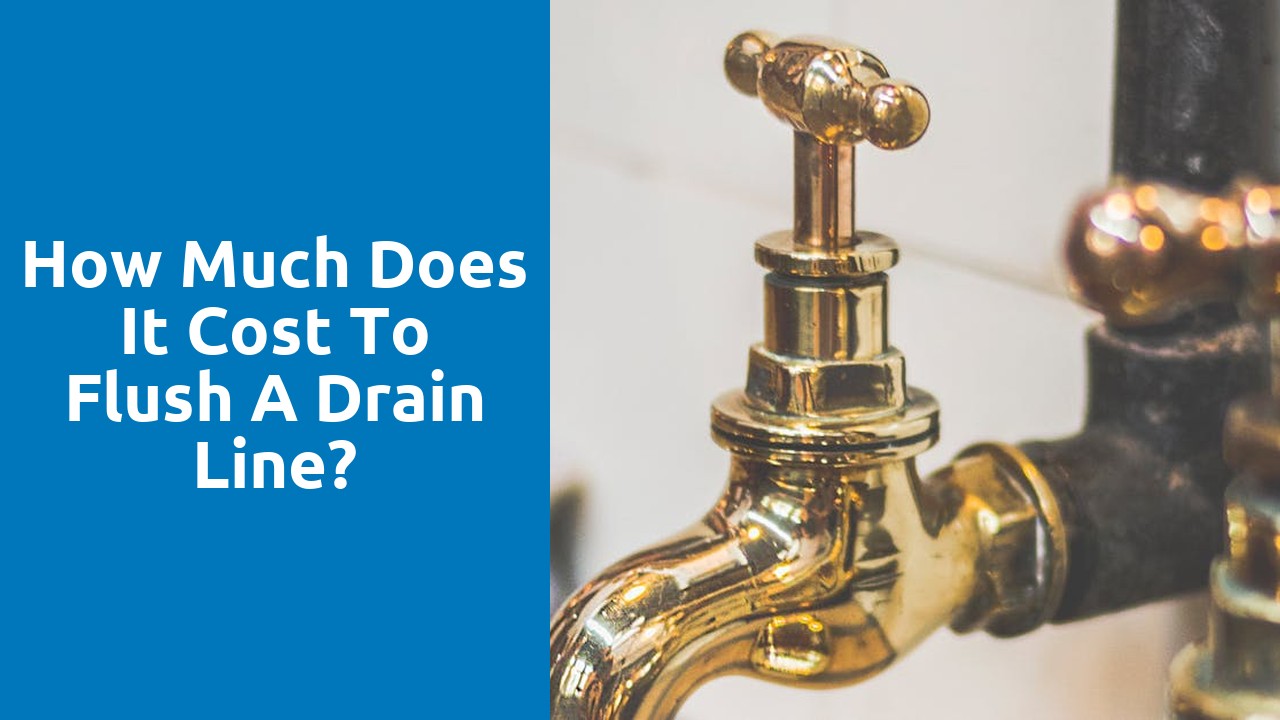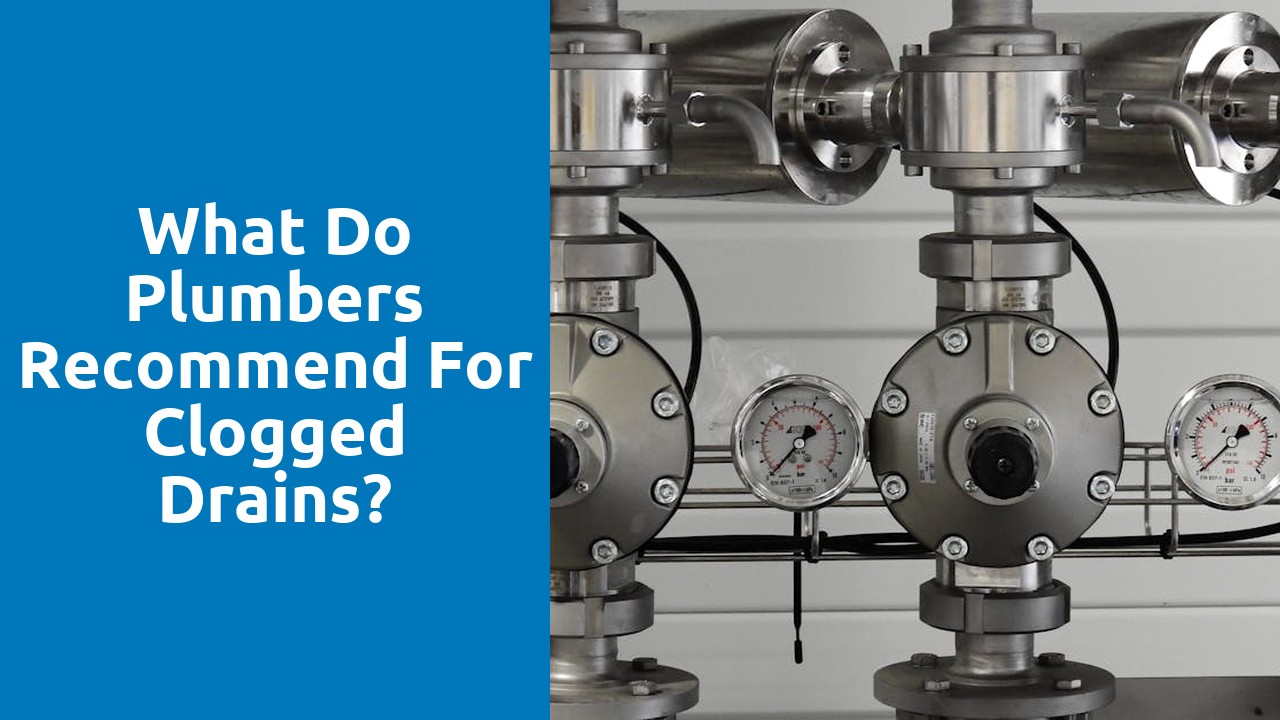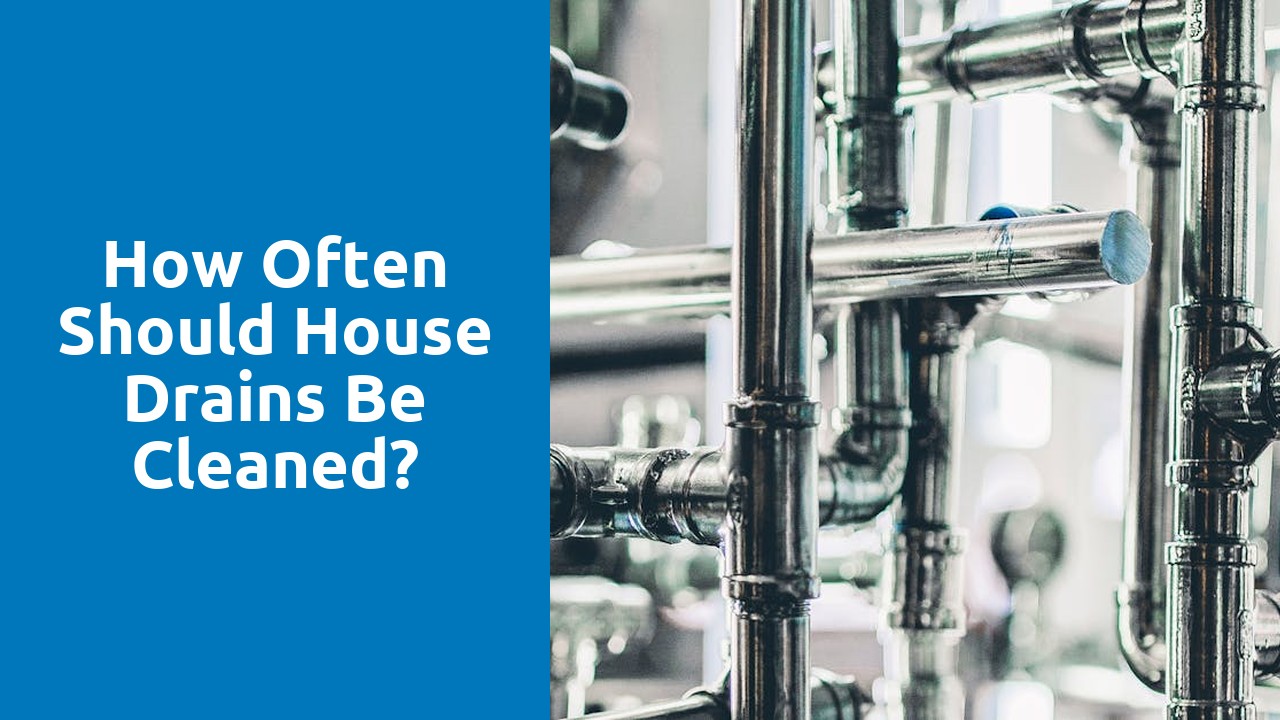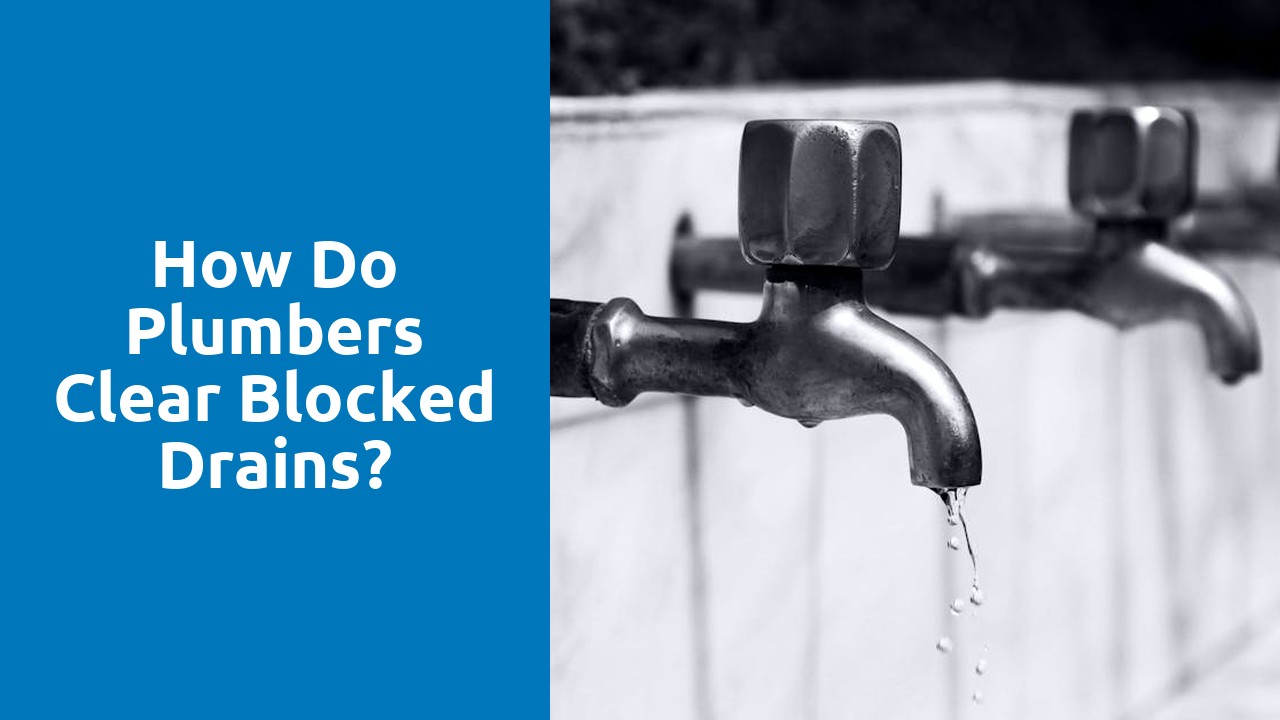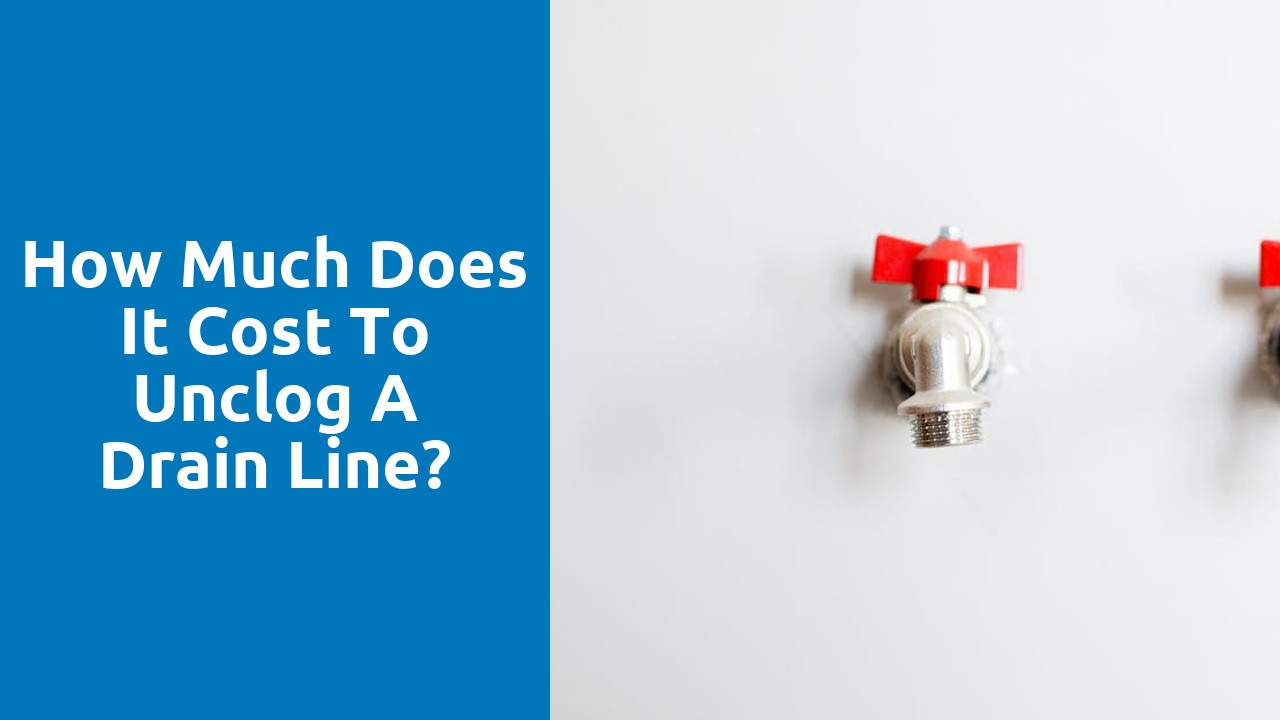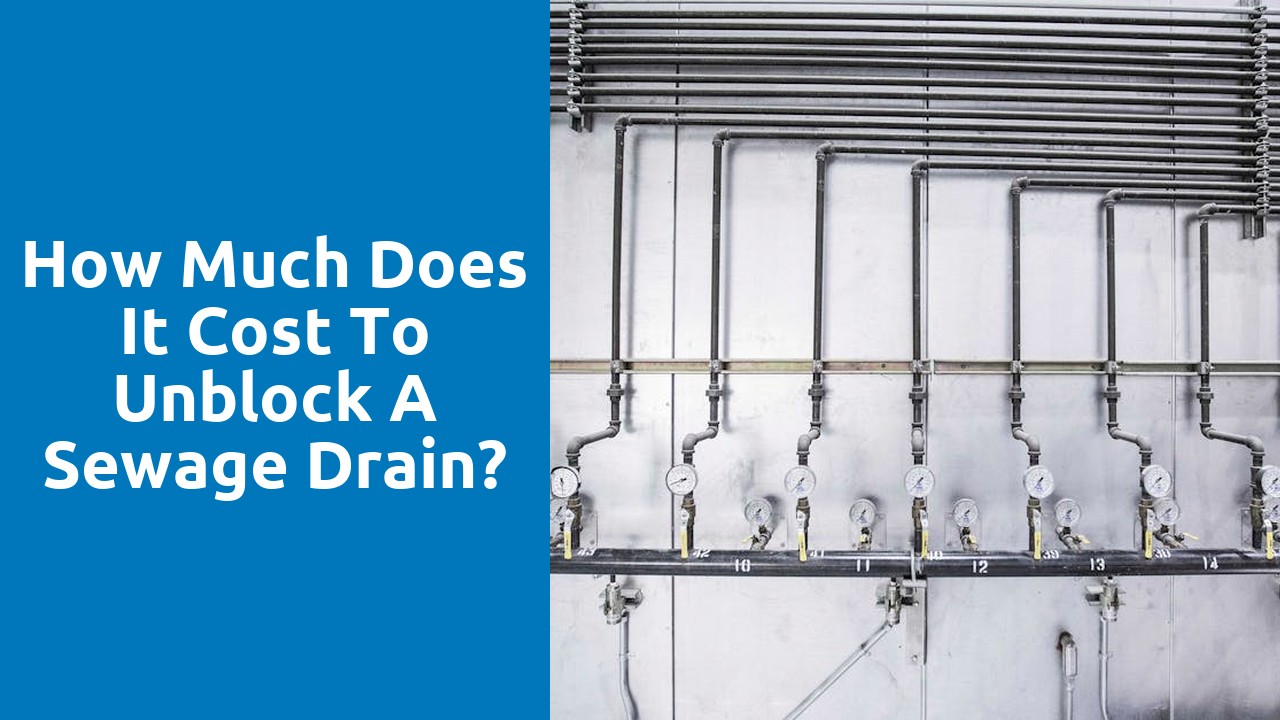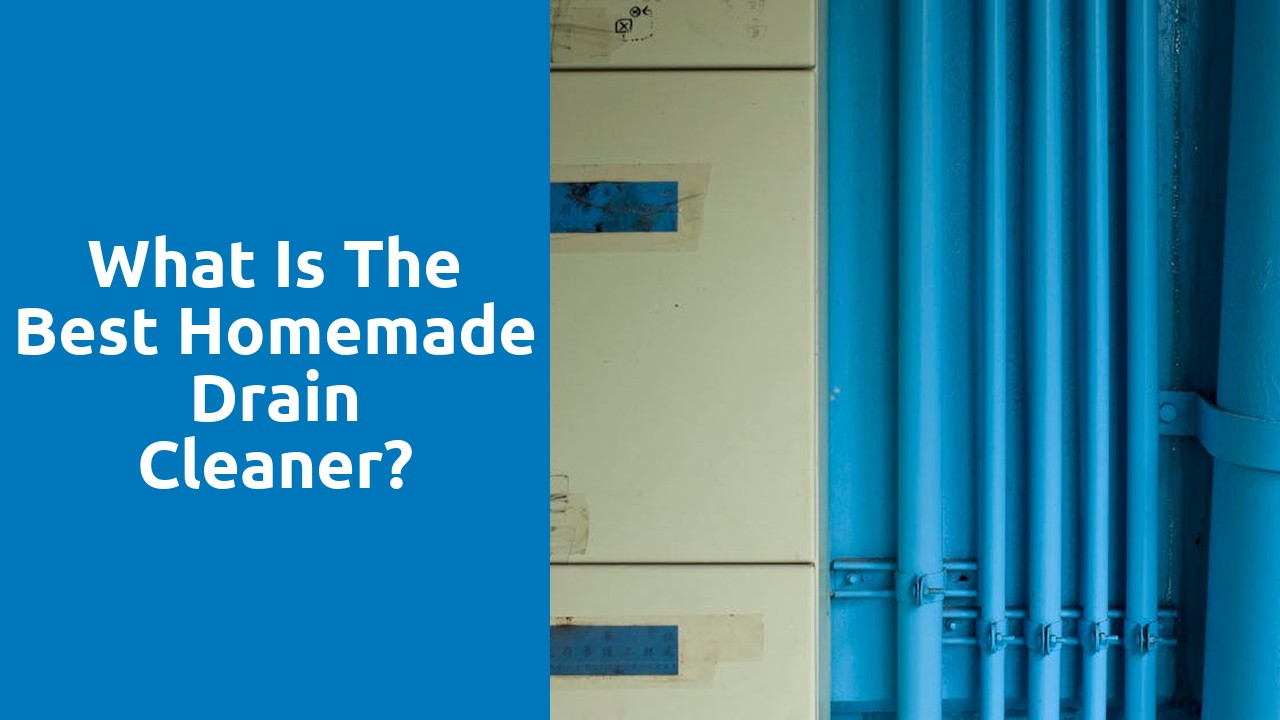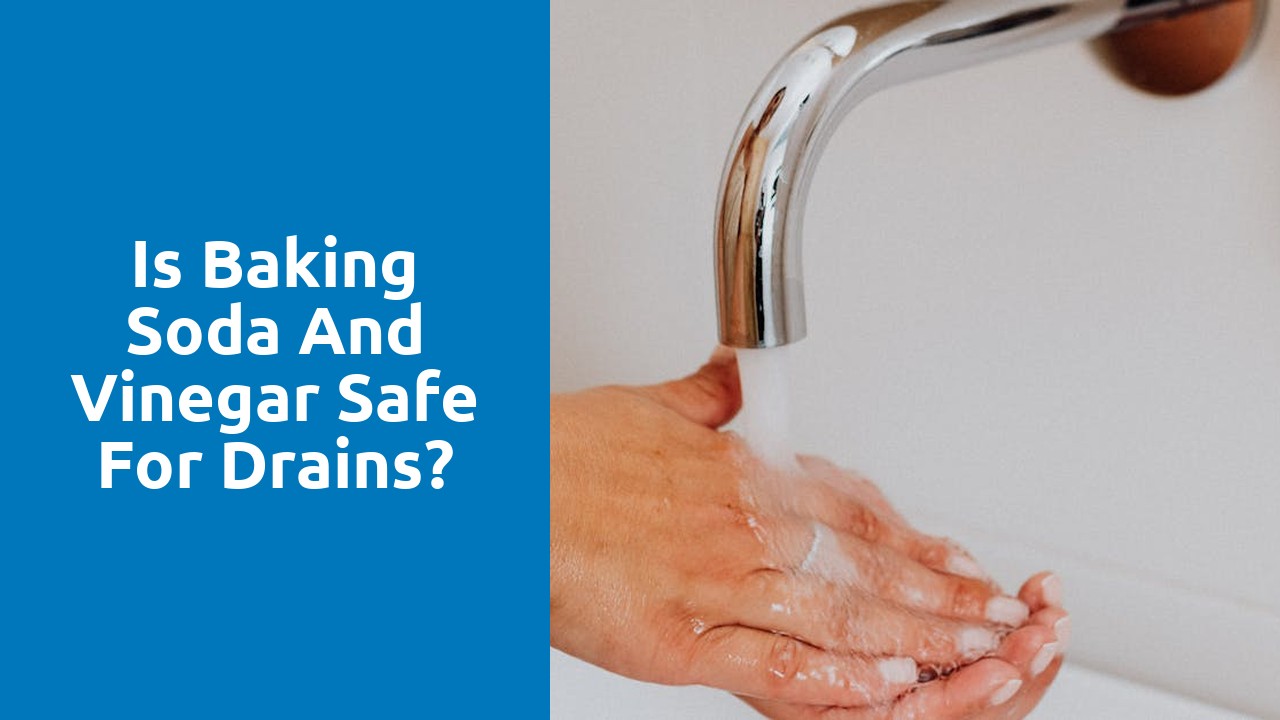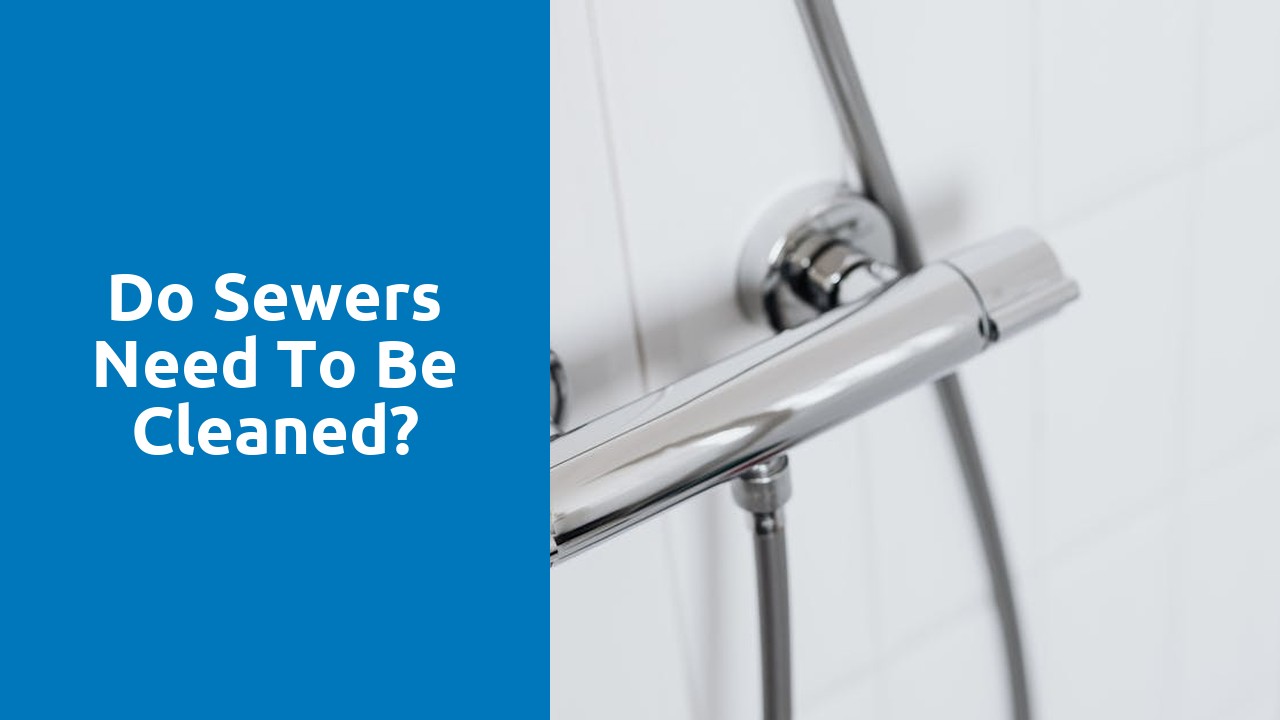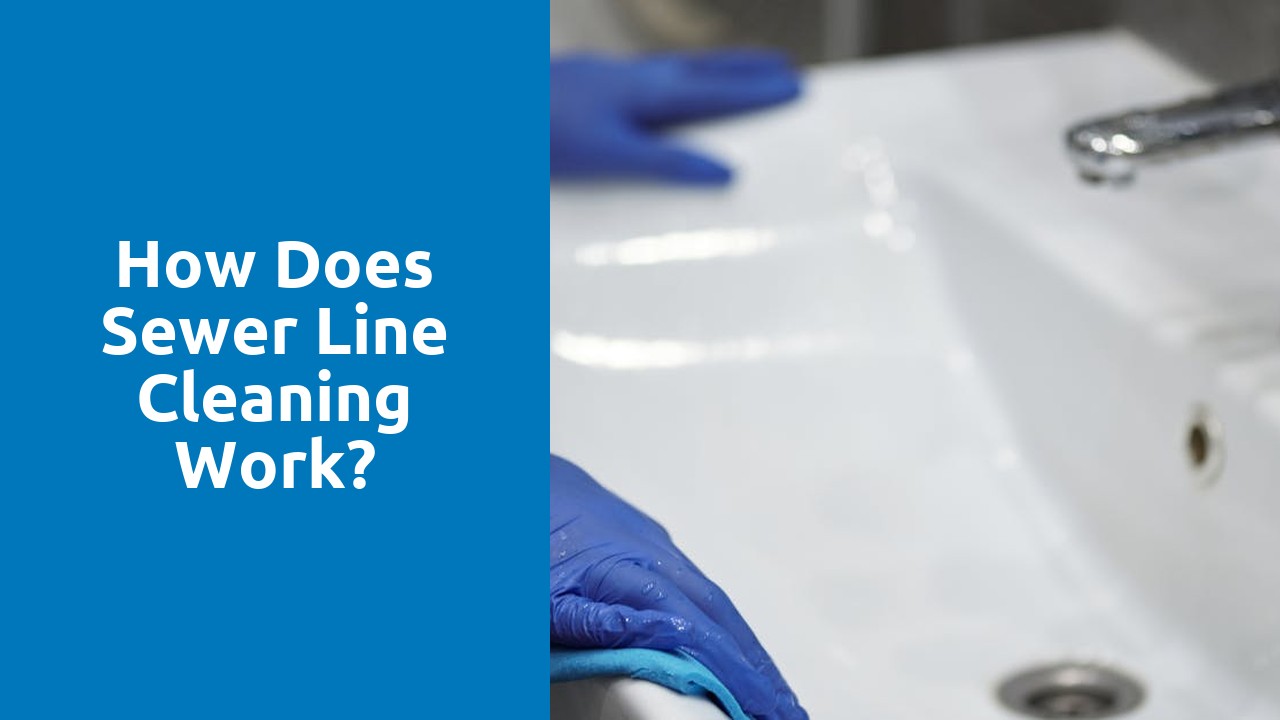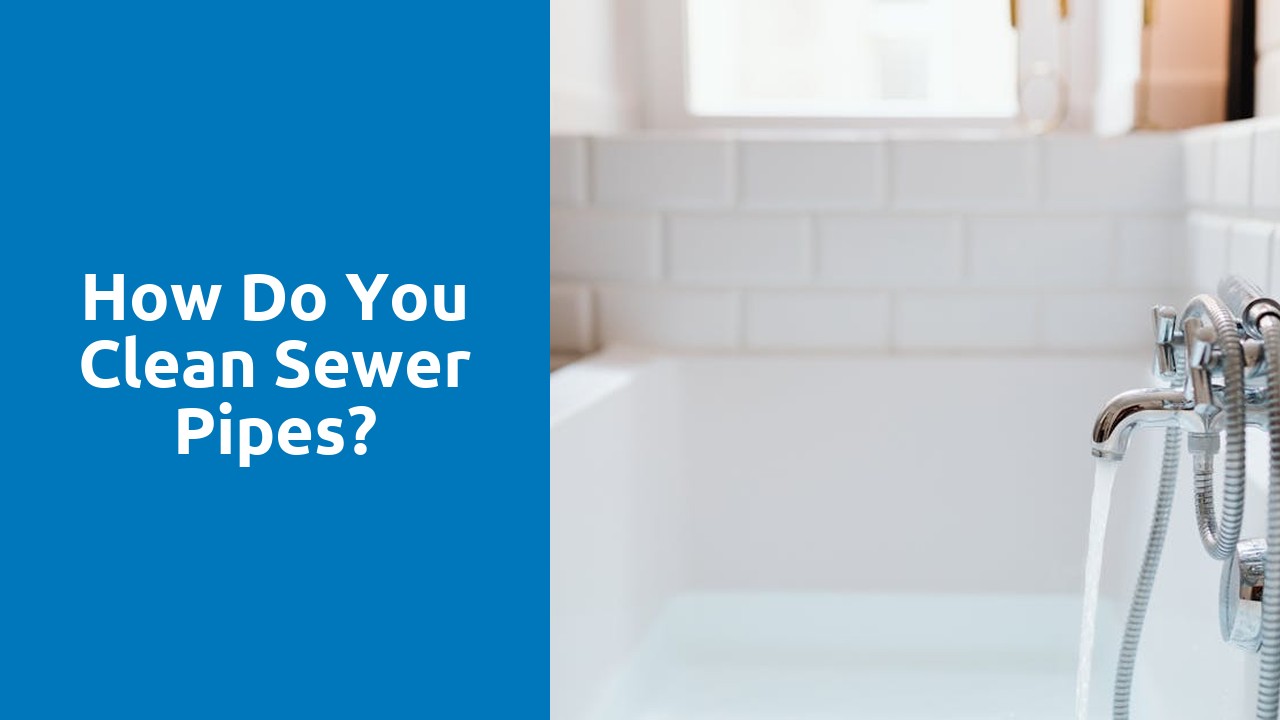
Table Of Contents
DIY vs. Professional Sewer Line Flushing
When it comes to flushing a sewer line, individuals often face the decision of whether to tackle the task themselves or hire a professional. DIY sewer line flushing can be a cost-effective option for those with experience in plumbing and the necessary equipment. However, it's essential to proceed with caution to avoid causing damage or creating a bigger issue. For those in the Magnolia-Wade Park Historic District, Cleveland Drain cleaning needs to be approached meticulously to preserve the historical integrity of the area.
On the other hand, opting for professional sewer line flushing services can provide peace of mind and ensure that the job is done correctly. Professionals have the expertise, tools, and knowledge to effectively clear out sewer lines without causing harm. This can be particularly beneficial for individuals who are unsure of how to properly flush a sewer line or who are dealing with more complex issues that require professional intervention.
Pros and Cons of DIY Solutions
When it comes to tackling sewer line issues, homeowners often consider the option of do-it-yourself solutions as a cost-effective approach. The convenience of using readily available tools and products for Magnolia-Wade Park Historic District, Cleveland drain cleaning can be appealing. DIY solutions also provide a sense of control and autonomy for individuals who prefer a hands-on approach to household maintenance.
However, DIY solutions for sewer line flushing may not always yield effective results. Inexperienced individuals may inadvertently worsen the problem by using improper techniques or equipment. The complexity of sewer systems and potential safety hazards involved in handling chemicals and equipment can pose risks for those attempting DIY solutions. It is essential to weigh the pros and cons carefully before deciding on the most suitable approach for addressing sewer line issues.
Environmental Impact of Sewer Line Flushing
Sewer line flushing plays a critical role in maintaining the functionality of drainage systems, preventing clogs, and ensuring smooth wastewater flow. However, the environmental impact of this process is a significant concern that cannot be overlooked. In the Magnolia-Wade Park Historic District, Cleveland Drain cleaning using traditional methods often involves the use of harsh chemicals and detergents, which can pose a threat to water quality and aquatic life in nearby water bodies.
The chemicals that are commonly used during sewer line flushing can leach into the soil and find their way into groundwater sources, leading to contamination and potential health risks for both humans and wildlife. Additionally, the excessive use of these chemicals can disrupt the delicate balance of ecosystems, causing long-lasting harm to the environment. As we strive to find more sustainable and eco-friendly alternatives to traditional sewer line flushing methods, it is crucial to consider the long-term consequences of our actions on the environment and take proactive steps to minimize our impact.
EcoFriendly Alternatives to Chemical Drain Cleaners
When it comes to keeping the Magnolia-Wade Park Historic District, Cleveland drain cleaning process eco-friendly, opting for natural alternatives to chemical drain cleaners is a wise choice. Instead of harsh chemicals that can be detrimental to the environment, consider using a mixture of baking soda and vinegar. This combination creates a foaming reaction that helps break down clogs without harming the sewer line or the surrounding ecosystem. Additionally, utilizing a drain snake or plumbing auger can be an effective way to physically remove blockages without resorting to chemical solutions.
Common Mistakes to Avoid During Sewer Line Flushing
One crucial mistake to avoid during sewer line flushing is overusing harsh chemicals. Pouring excessive amounts of chemical drain cleaners can corrode the pipes and cause long-term damage to the sewer system. Instead of relying solely on chemicals, consider opting for more gentle and eco-friendly alternatives to prevent harm to your pipes and the environment. Magnolia-Wade Park Historic District, Cleveland Drain cleaning professionals recommend using enzymatic drain cleaners or homemade solutions like baking soda and vinegar to effectively clear blockages without causing harm to the sewer lines.
Another common mistake to steer clear of is neglecting regular maintenance of your sewer system. Ignoring signs of clogs or blockages can lead to severe issues down the line, such as sewage backups and costly repairs. To avoid such hassles, it's essential to schedule routine sewer line inspections and maintenance to catch any potential problems early on. By taking proactive measures and addressing issues promptly, you can extend the lifespan of your sewer system and prevent major disruptions to your daily routine.
Overusing Harsh Chemicals
Overusing harsh chemicals when flushing a sewer line can have detrimental effects on both the plumbing system and the environment. The Magnolia-Wade Park Historic District, Cleveland Drain cleaning thoughtlessly pouring excessive amounts of chemical cleaners down the drain can lead to corrosion of the pipes, which may result in leaks and costly repairs. Moreover, these chemicals can also kill off beneficial bacteria in the septic system, disrupting the natural breakdown of waste and potentially causing backups.
In addition to damaging the plumbing and ecosystem, the misuse of harsh chemicals during sewer line flushing can pose health risks to individuals. Chemical cleaners contain toxic ingredients that can release fumes harmful to respiratory health when used in large quantities. Moreover, these substances can contaminate groundwater and negatively impact aquatic life if they seep into water sources. It is crucial to exercise caution and moderation when utilizing chemical cleaners for sewer line maintenance to prevent adverse consequences for the infrastructure, environment, and human health.
FAQS
Can I flush my sewer line on my own?
Yes, you can attempt to flush your sewer line on your own using DIY methods, but it may be more effective to hire a professional for the job.
What are the pros and cons of DIY sewer line flushing?
The pros of DIY sewer line flushing include cost savings and convenience, but the cons can include limited effectiveness and potential damage if not done correctly.
What is the environmental impact of sewer line flushing?
Sewer line flushing can have a negative environmental impact if harsh chemicals are used, as they can harm aquatic life when they enter waterways.
Are there eco-friendly alternatives to chemical drain cleaners for sewer line flushing?
Yes, there are eco-friendly alternatives such as enzymatic cleaners or mechanical methods like using a drain snake, which are safer for the environment.
What are common mistakes to avoid during sewer line flushing?
Common mistakes to avoid during sewer line flushing include overusing harsh chemicals, neglecting regular maintenance, and attempting complex repairs without professional assistance.
